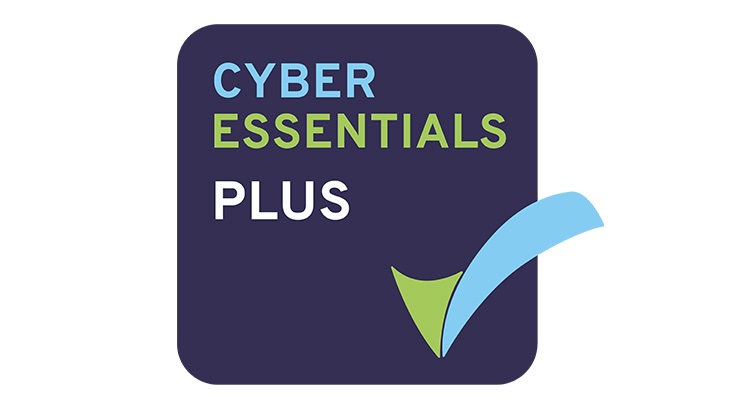As we continue to get used to the new world of work, perhaps the biggest change many employees have had to acclimatise to over the last 4 months, has been the requirement to work from home.
With the COVID-19 pandemic closing down all but essential office space, almost overnight, employees (and organisations) experienced significant disruption and had to adapt quickly to ensure there was a minimum impact upon their productivity. However, as restrictions start to lift and companies consider reopening offices (albeit with restrictions), there is very much a new attitude towards home working, which is likely to see it become more commonplace in the future.
The benefits of homeworking have become wider recognised and appreciated over the last number of months. Perhaps where previously there were concerns around workforce productivity and lack of communication, a number of positives are being widely experienced, including:
- Greater flexibility for employees, enhancing their work/life balance and improving morale
- Less time wasted on commuting to and from the office, helping to reduce stress, increase productivity and save on costs
- Greater communication across employees through the improved adoption of various collaboration tools
- New options around what can be done with existing office space and the various costs around running an office
With a happier, more productive workforce, the increase in working from home is a real win/win for all sides. It’s no wonder it’s about to become the new normal…
…However,
As employers, dealing with a more remote based workforce presents several areas for consideration.
As a specialist in lone worker protection software, Totalmobile sees many of the areas of focus relating to lone worker safety resonating with home working. Essentially, with the shift to a more home-based working culture, we are also creating a society of lone workers.
Of course, many of the dangers and vulnerabilities experienced by a lone work who is operating in risky or unpredictable environments, will not be experienced by your average home worker. But what are some of the areas organisations must consider moving forward and what can be learnt from effective lone worker strategies?
- Communication – with the comprehensive range of collaboration tools that are available to the workforce (Microsoft Teams, Zoom, Skype etc.), many organisations may feel that employee communication is something that is well covered.
However, are there additional processes in place to handle communications of a more urgent or business critical nature? For those who are experienced dealing with a lone workforce, this is a key area. How can you ensure that you are able to urgently contact all employees and then evidence that they have received and acknowledged the communication? Is there a way to easily segment employees who need to be notified by job role or location?
- Employee Wellbeing – Research has established that organisations benefit from a slight reduction in the volume of sick days that are taken by a home-based workforce. But there is more to employee wellbeing that simply measuring how often a member of staff is off sick.
Does your organisation have procedures in place to monitor the wellbeing of a workforce who are mostly operating in isolation? What can be done to provide support to the mental health and wellbeing of staff? What steps can be taken to ensure that staff remain healthy, happy and productive in their role?
- Providing Assistance – As employers we have a responsibility to look after our staff and provide support as and when required. This is something that is at the core of any lone worker strategy. However, it is also something that employers can easily provide to a workforce that is based in an office.
But again, what about the approach for those who are operating at home? What about employees that perhaps do not have a support network at home, how can we ensure that as employers they can reach out to us for assistance and support when they require it?
As we inevitably see the continued increase in homeworking over the upcoming months, it’s key that as employers we maintain our duty of care to all employees, whether they are office based, community based or based at home. For a large number of organisations, those home-based employees are perhaps ones that have not needed to be considered, until now.
Totalmobile provide lone worker protection solutions to over 300 organisations across the UK, to ensure their wellbeing and enhance organisational compliance. We believe that this technology has a role to play in providing additional support to home workers, aiding organisations in enhancing their duty of care and empowering a happy, healthy and productive workforce.
To learn how Protect, our lone worker protection solution, can be used to ensure the safety of your lone workers, or adapted to improve the wellbeing and communications with your home-based workforce, please visit https://www.totalmobile.co.uk/software/protect/ or contact us on info@totalmobile.co.uk







